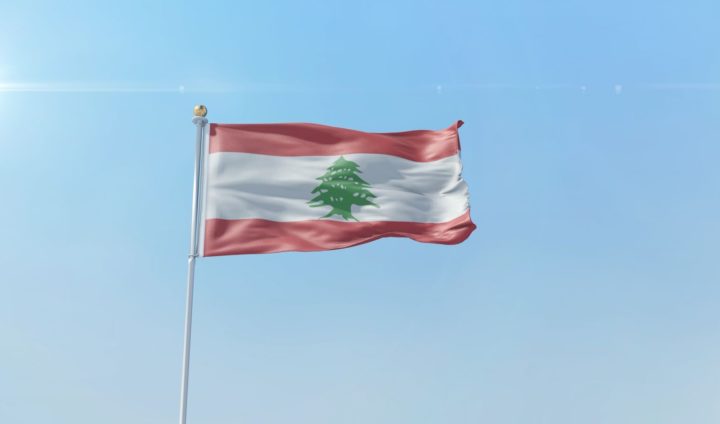Tensions at the Lebanon-Israel border have intensified, marked by heightened violence as Hezbollah utilised explosive drones and missiles against Israeli positions. In retaliation, Israeli air strikes struck several towns and villages in south Lebanon. The town of Aitaroun bore the brunt of an Israeli air strike, destroying five homes and causing substantial damage to others.
Responding to the Israeli air strikes, senior Hezbollah politician Hassan Fadlallah labelled them as a “new escalation.” He noted that Hezbollah adapted to this escalation with innovative attacks, including new weaponry and targeted sites. The Israeli army cited the intrusion of “suspicious aerial targets” from Lebanon. Two Israeli soldiers were moderately wounded, and others sustained light injuries from shrapnel and smoke inhalation. Israeli fighter jets subsequently conducted a series of strikes on Hezbollah targets within Lebanese territory, triggering sirens along the border.
The conflict between Israel and Hezbollah has been ongoing since the eruption of the Gaza war two months ago, marking their most significant hostilities since 2006. While the violence has primarily centred around the border, Hezbollah asserts that its attacks aim to support Palestinians in Gaza, where a significant number of casualties, mostly women and children, have occurred. Israeli Prime Minister Benjamin Netanyahu has issued a stern warning, stating that Beirut could face a fate similar to Gaza if Hezbollah initiates a full-scale war. The UN peacekeeping force in south Lebanon, UNIFIL, has expressed concern about the escalating potential for a miscalculation leading to a broader conflict. The toll of the violence stands at more than 120 people killed in Lebanon and seven soldiers and four civilians in Israel.







